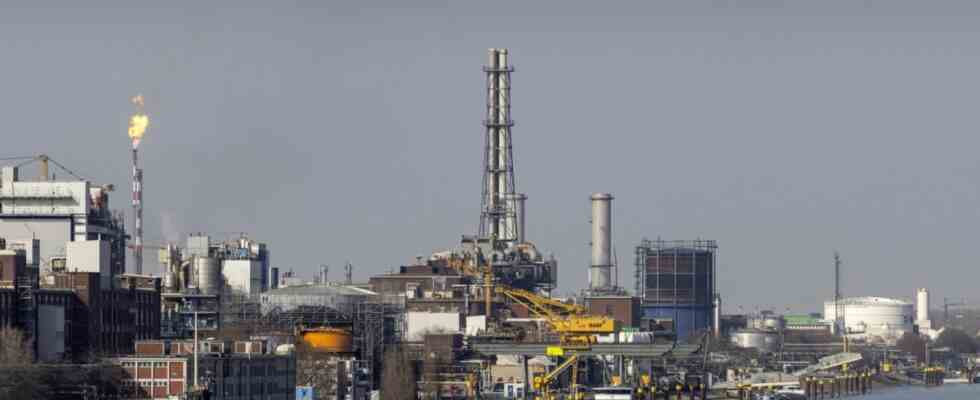Soaring energy prices, disrupted supply chains, collapsing sales markets: Many German companies are feeling the effects of the war in Ukraine. And this in a situation in which many companies no longer have ample reserves due to the corona pandemic that has not yet been overcome. An overview of the federal government’s new aid package, which, in contrast to the very extensive Corona aid, is only intended as a “shock absorber”.
KfW special loans
The starting point are special loans from the state development bank KfW. They are intended to secure the liquidity of affected companies in the short term. A volume of around seven billion euros is planned. Companies can get the money through their house bank. As a rule, sums of up to 100 million euros are planned. The risk of default will mainly lie with the state. “KfW will flesh out the program in the coming weeks and launch it,” said the federal government. Companies have to prove that they have been affected by the war – for example through a drop in sales, a lack of raw materials or closed factories. A “reduced interest rate” and up to two years grace period are promised.
guarantees
State guarantees are also planned for the short term so that affected companies can get the money they need. Existing standard programs will be expanded for this purpose by the end of 2022. The maximum amount is to be doubled to 2.5 million euros. For corporations, however, large guarantees from 50 million euros are also possible.
grants
For a limited period from February to September 2022, there are to be grants that Finance Minister Christian Lindner – unlike loans, which initially do not mean a default – must immediately reflect in the state budget. The money should go to companies that have to bear additional costs because of energy prices. At the same time, this is intended to prevent the subsidized companies from passing on their costs in full to customers. In order to get money, the electricity and gas costs are scrutinized compared to the previous year. “The price difference above a doubling of the natural gas and electricity price will be subsidized proportionately,” says the federal government. The Ministry of Finance is expecting a budgetary burden of five to six billion euros this year.
equity injections
The federal government is also examining equity grants for emergencies. They are intended to prevent large corporations from collapsing and taking other companies with them. Silent participations and subordinated loans could be used here. However, corporations must have prospects and must not have been in turbulence before the war in Ukraine. The transaction would also be handled by KfW, and the risk would lie with the federal government. In the event of an escalation of the current crisis, instruments that were set up because of the corona pandemic could also be used.
Help for futures transactions on stock exchanges
In the event of sharp and sudden price jumps, companies sometimes have to deposit very high additional securities on the electricity and gas exchange, so-called margins. For this purpose, there should be special KfW loans to secure liquidity totaling up to 100 billion euros, which the federal government backs with a guarantee. Prerequisite: The company must have its branch in Germany or at least a permanent establishment. Funds are earmarked for margin payments. Speculative transactions should not be encouraged. The interest due will be above the usual market rates, executives of the affected companies will have to forego bonuses during this time.

